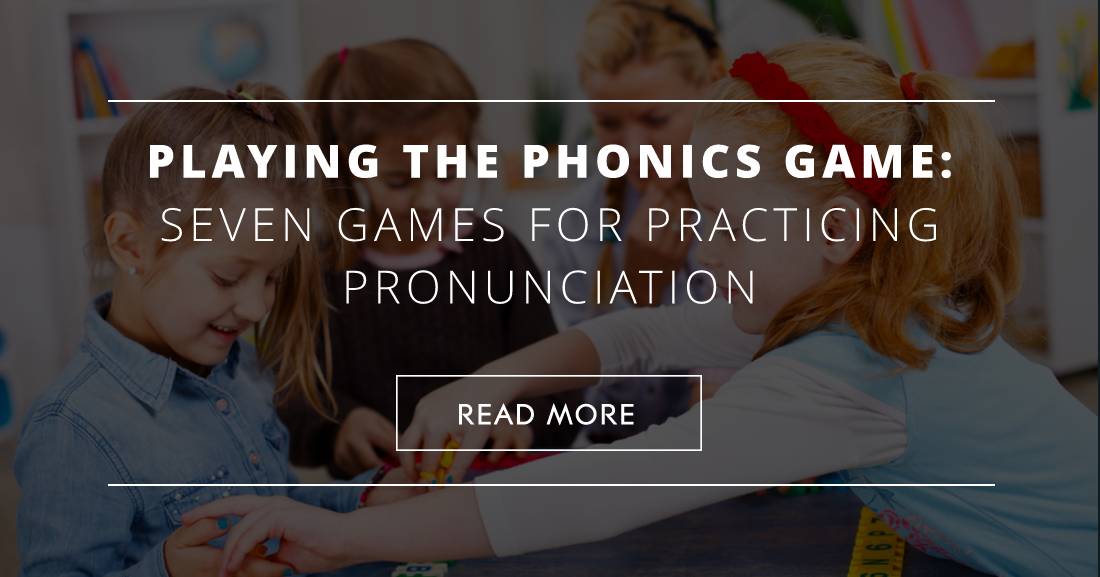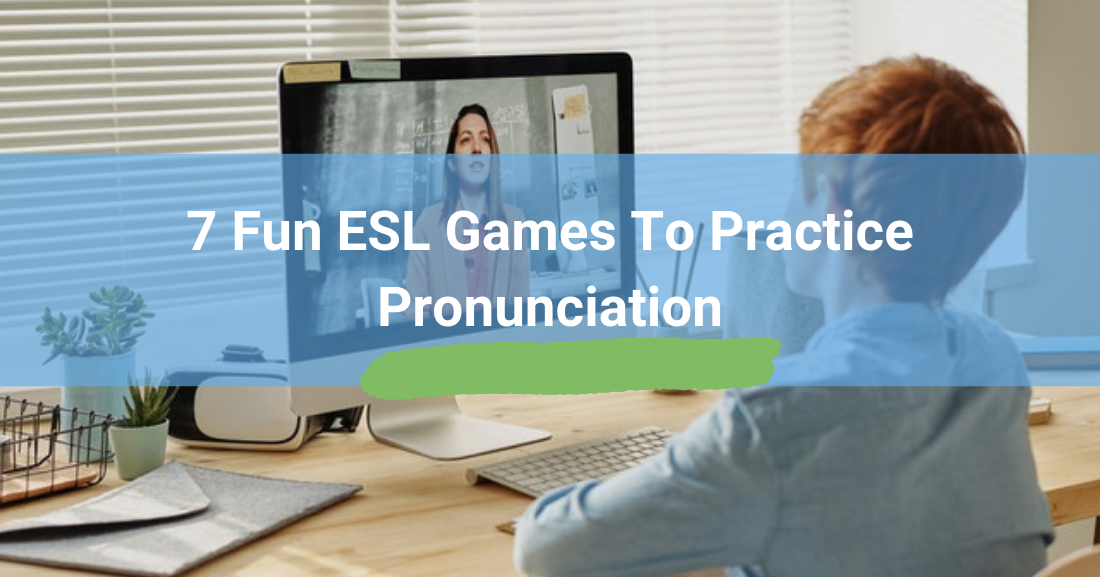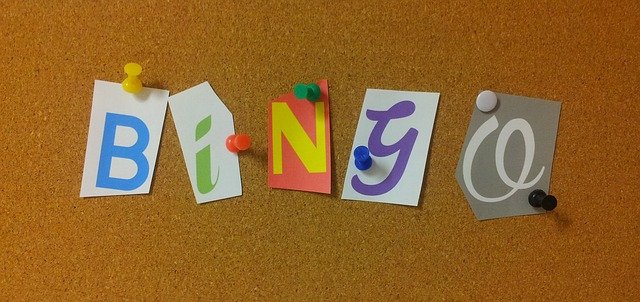Playing the Phonics Game: 7 Games for Practicing Pronunciation



Of course, we correct our students’ pronunciation when they make mistakes, when they’re not speaking clearly or when they need to be a little more accurate. But do we devote class time to pronunciation practice on a regular basis? Don’t feel bad if your answer is no. Instead, try playing these games to practice pronunciation. Your students will thank you for it, and you’ll be relieved you can make pronunciation practice fun!

Prepare a list with sets of three to four words that have the same vowel sound, plus one somewhere in the middle that is different. For example, cut, but, nut and put. Divide your class into two teams and have them form two lines in front of the board. Write the first set of four words on the board. The students at the front of the line must read the set of words, race to the board once they have identified the word that sounds different and circle it. The first student to circle the odd word scores a point for the team.
This is a game that is best played in pairs or small groups – a really fun way to practice homophones! Make a list of the homophone pairs you’ll use, and write each word on a separate index card or piece of paper. Make as many decks of cards as you’ll need depending on the number of groups you’ll have. Each group gets a set of cards; each student gets five cards. The remaining cards are put in a draw pile. The goal of the game is to find the matching homophone by asking another student if they have “a word that sounds like…”. For example:
S1: Do you have a word that sounds like “plane”?
S2: Yes, I do. (hands over “plain”)
Now, to keep the matching pair the S1 must use both words correctly in a sentence or two. If S2 does not possess the homophone he/she has to say, “Go fish!” And S1 takes a card from the draw pile.
In this game, students must connect words that have the same vowel sound. Take a look at this Pronunciation Maze as an example. Here, students must follow the path from boys to choice by following the words with the /ɔy/ sound. But you can create your own maze. Make a 10x6 table, add the words that have the sound you want to practice, then fill in the rest with others words that don’t have this sound at all. You can have students take turns on one maze. Or print out several copies to see who reaches the end of the maze first!
Here’s a good one for young learners! Divide your class into groups of three to four students. Print out this Four in a Row worksheet (or make your own!) and cut it up into separate cards. In groups, students must work together to arrange the words into sets of four words that sound the same. The first team to complete all of the sets wins.
There are lots of pronunciation games you can play with IPA flashcards, but here’s a great Bingo with a twist. You’ll have to prepare several 5x5 Bingo sheets with sample words for each of the phonemes; students can play individually or in pairs. Take an IPA flashcard from a bag and say the sound: /ɔy/. Students must find the word that matches that sound on their Bingo sheet in order to cross it out: toy. If this is too hard, you can say the sound and give them a sample word: /ɔy/ - toy. Students must find a word with the same sound: boy.
There’s no better way to practice those pesky little minimal pairs! Lets begin:
1 - Choose sets of minimal pairs and write down each word on a separate card/piece of paper
2- Divide the class into two teams and have each team line up in front of a desk; the first students in line must have their hands behind their backs
3 - Present two cards: forty and fourteen. Say one of the words out loud: fourteen
4 - Students must slap the right card
5 - The one who slaps it first must use the word in a sentence to get a point for the team
Make cards with words that rhyme, like name/game, box/fox, tick/stick, etc… Place them face down. Students take turns turning over the cards to find the pairs that rhyme.
Take a few minutes of your class time every day to practice some phonemes, consonant or vowel sounds, or verb endings. And to add a little more fun to it, make a game out of it!
Do you think games like these can help you focus more on pronunciation? Feel free to add more to the list by leaving a comment below!